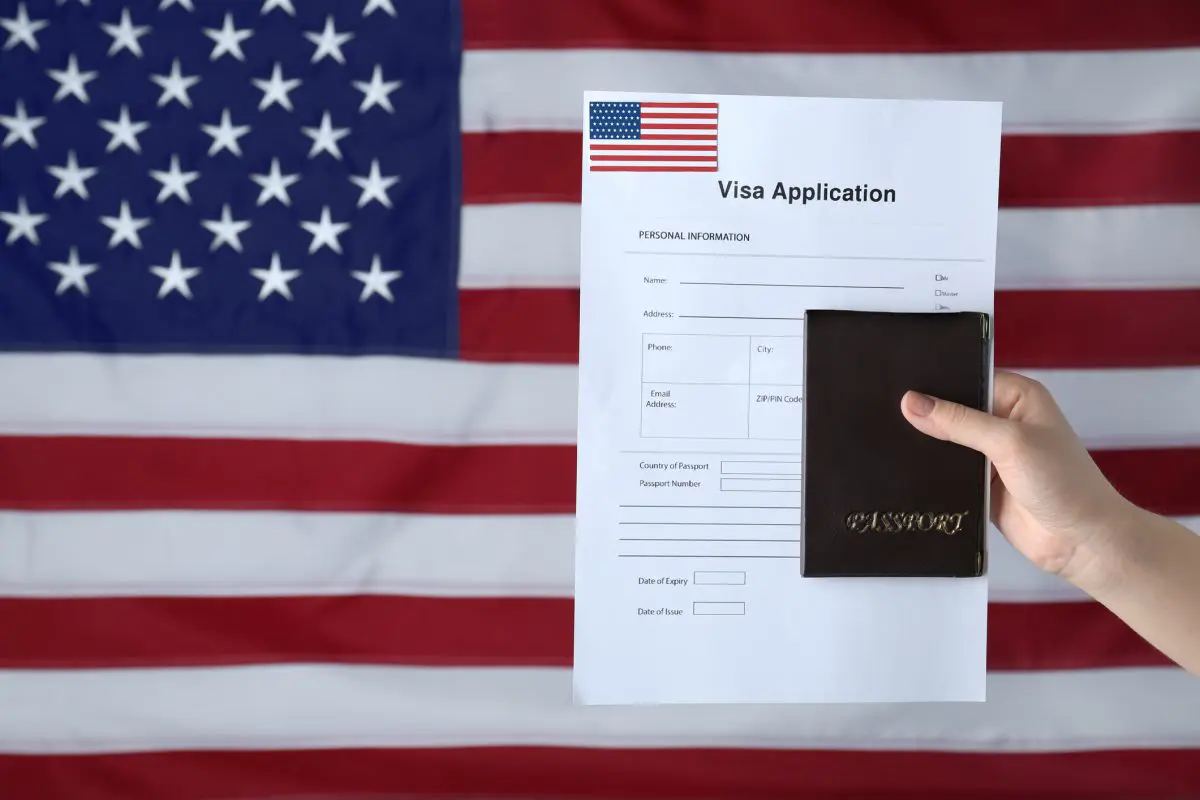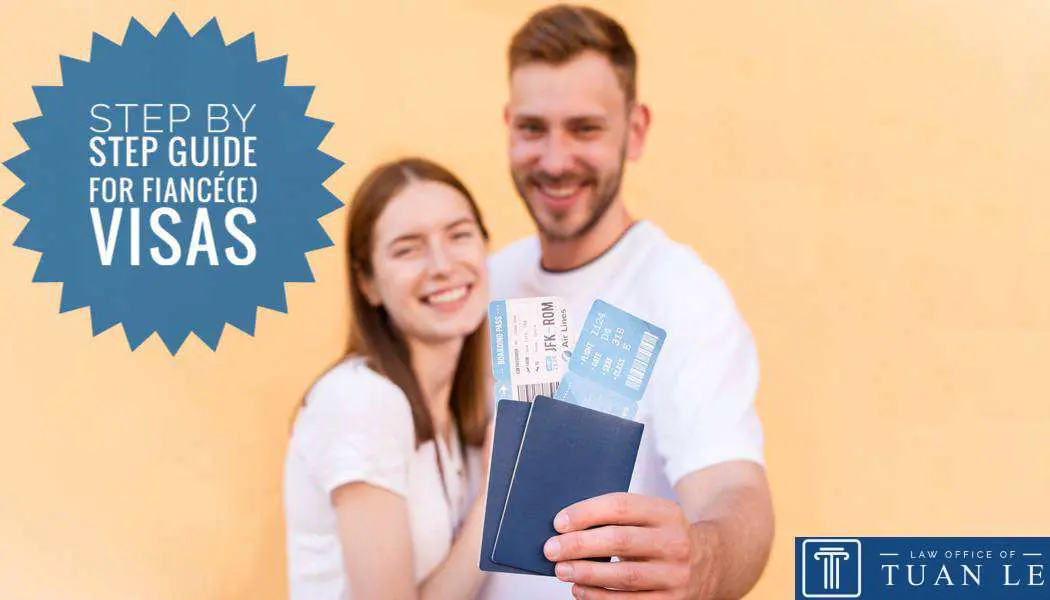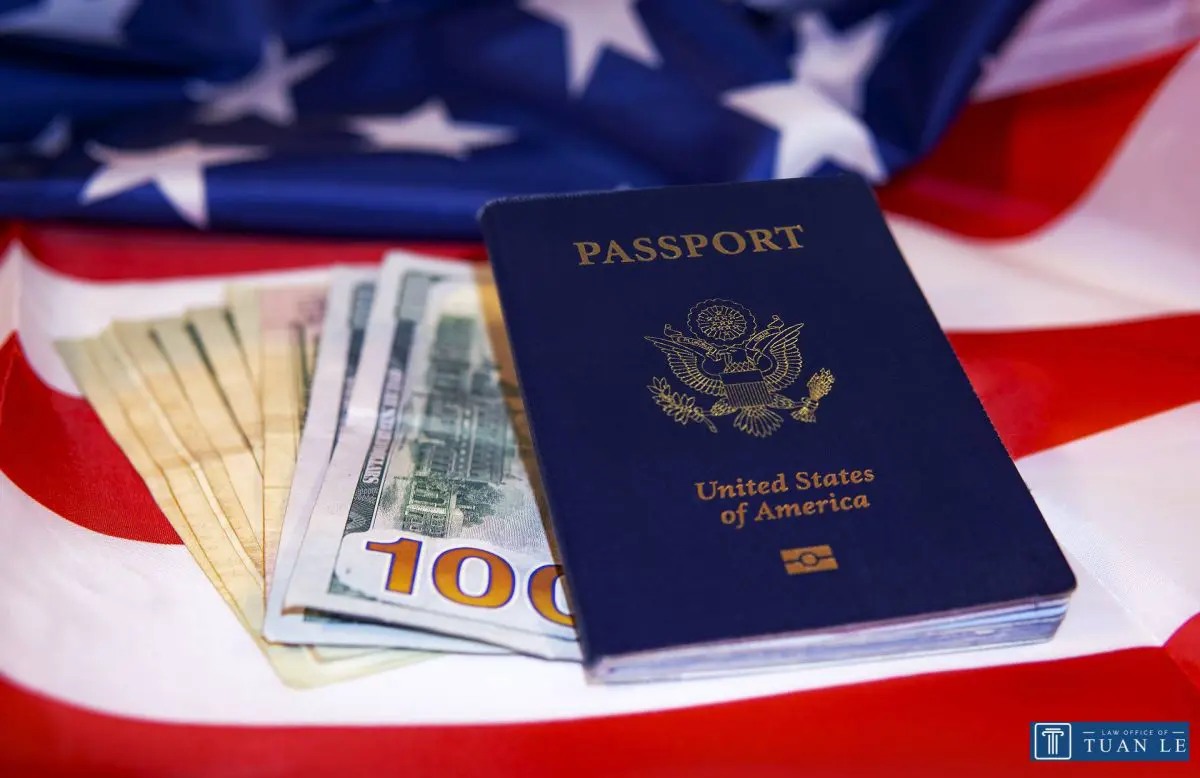National Interest Waiver; Everything You Should Know in Simple Words
Dec 22, 2024
7 min read

Dec 22, 2024
7 min read

Aug 30, 2024
9 min read
.webp&w=3840&q=75)
Jun 27, 2024
9 min read
.webp&w=3840&q=75)
Jan 30, 2024
8 min read

Feb 28, 2023
7 min read

Jan 26, 2023
8 min read

Jul 1, 2022
9 min read

Dec 15, 2021
8 min read

Dec 28, 2020
10 min read
On the other hand, immigrant visas are for those who wish to live in the United States permanently. These visas are the first step toward obtaining a Green Card and, eventually, U.S. citizenship through the naturalization process. Choosing the right visa can feel overwhelming due to the variety of options available. This guide will walk you through the different types of U.S. immigrant visas, eligibility requirements, and how to determine the best pathway for your situation.
If you're looking to apply for an immigrant visa or change your current status, our skilled immigration attorney in Orange, CA, is here to guide you every step of the way. Call today for a free consultation and take the first step toward making your American dream a reality.
If you're ready to make the United States your permanent home, understanding the types of U.S. immigrant visas available is a crucial first step. These visas not only allow you to live and work in the U.S. indefinitely but also serve as the pathway to obtaining a Green Card and eventually applying for U.S. citizenship. Below, we've outlined the primary categories of immigrant visas, making it easier for you to identify the right option for your unique situation. Whether your journey is family-based, employment-focused, or tied to other special circumstances, these visa types can help you achieve your goals.
U.S. citizens and lawful permanent residents can sponsor eligible family members for immigrant visas, enabling them to reunite and settle in the United States permanently. These visas are divided into two main groups:
Key Advantage: IR visas are prioritized and have no annual limits, leading to shorter processing times. Green Card eligibility is often immediate upon entry to the U.S.
Key Consideration: Unlike IR visas, family preference visas are subject to annual caps, resulting in longer waiting periods, sometimes spanning several years
Need Guidance? Speak to an Expert Immigration Lawyer
For skilled professionals, entrepreneurs, and workers looking to establish their careers in the United States, employment-based immigrant visas (EB visas) provide a pathway to permanent residency. These visas are divided into five categories, each tailored to specific skills, qualifications, or contributions to the U.S. economy.
This category is for individuals who demonstrate exceptional talent or leadership in their fields:
Ideal for professionals with an advanced degree (master's or higher) or those with exceptional abilities in science, art, or business.
This visa is for workers with a U.S. job offer and includes:
This category supports unique groups such as:
For individuals who invest significantly in a U.S. business that creates jobs for American workers.
Take the Next Step in Your U.S. Career The employment-based visa process requires careful planning, proper documentation, and often, employer sponsorship. Small errors can lead to unnecessary delays or denials. Ensure your application is handled professionally by contacting our experienced immigration attorney in Orange County, CA. Call today to schedule a free consultation and get expert guidance tailored to your situation.
The DV Lottery is open to applicants from countries with historically low immigration rates to the United States. To qualify, you must meet specific education or work experience criteria:
Maximize Your Chances with Expert Guidance Participating in the Diversity Visa Lottery is a unique opportunity, but navigating the process can be complex. From ensuring your application is error-free to completing the follow-up documentation, every detail matters. Our experienced immigration lawyer in Orange County, CA, can help you maximize your chances of success. Call now for a free consultation and take the first step toward your American dream.
Special Immigrant Visas (SIVs) are designed for individuals in specific categories who have made significant contributions to U.S. interests or meet unique qualifications. These visas offer a pathway to permanent residency for eligible applicants and their families.
Special Immigrant Visas are available for:
Make the SIV Process Seamless with Expert Legal Support Applying for a Special Immigrant Visa can be a complex process with specific documentation and deadlines. Errors or missing information can lead to unnecessary delays or denials. Our knowledgeable immigration attorney in Orange County, CA, has extensive experience handling SIV cases and ensuring clients meet all requirements. Call today for a free consultation and let us guide you toward securing your future in the United States.
For lawful permanent residents (Green Card holders) who have been outside the United States for an extended period and lost their permanent residency status, the Returning Resident Visa (SB-1) offers a pathway to return and reclaim your residency.
You may qualify for a Returning Resident Visa if:
Navigating the SB-1 visa process requires thorough documentation and careful preparation. Mistakes can lead to delays or denials, so working with an experienced immigration attorney is essential. At the Law Office of Tuan Le, we've helped countless clients successfully apply for Returning Resident Visas and regain their U.S. residency. Contact our office in Orange County, CA, today for a free consultation and ensure your application is in expert hands.
Navigating the U.S. immigrant visa process can be overwhelming. To help you better understand the journey, we've answered some frequently asked questions about applying for and obtaining immigrant visas.
Yes, most U.S. immigrant visa applications are completed online. Here's how it works:
Processing times vary depending on:
In most cases, children under the age of 14 may qualify for an Interview Waiver Program (IWP) and may not need to attend an in-person interview. Check the specific guidelines of the U.S. embassy or consulate in your country for eligibility details.
If you are already in the U.S. and applying to adjust your status, you may qualify for a work authorization document (EAD) while your immigrant visa application is pending. For those applying outside the U.S., work is not permitted until your visa is approved and you enter the U.S. as a permanent resident.
Yes, immigrant visa applications can be denied for several reasons, including:
If your visa application is denied, you may have options to appeal the decision or reapply, depending on the reason for the denial. The U.S. embassy or consulate will typically provide details about the denial and whether further action is possible. Consulting with an immigration attorney can help you determine the best course of action.
Applying for a U.S. immigrant visa involves detailed documentation, accurate form submissions, and adherence to strict timelines. Mistakes can lead to significant delays or denials. At the Law Office of Tuan Le in Orange County, CA, we specialize in guiding individuals and families through the visa process. Whether you're applying for the first time, seeking a renewal, or need help with complex cases, we're here to help. Call us today for a free consultation and take the first step toward securing your U.S. visa.
Need guidance from an experienced immigration attorney?
Mr. Le has granted you a 30-minute consultation session.